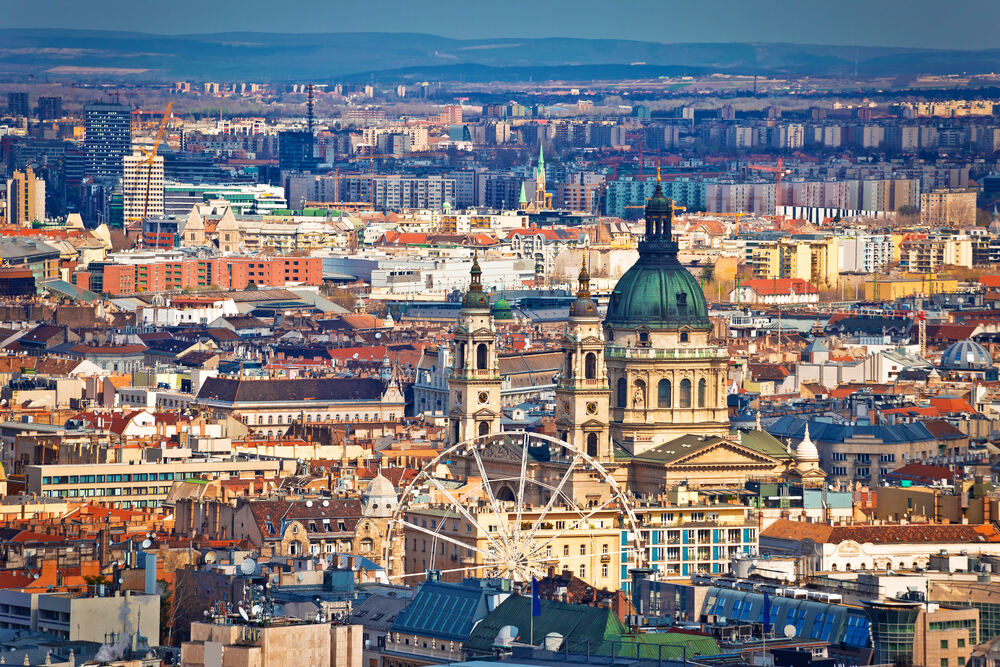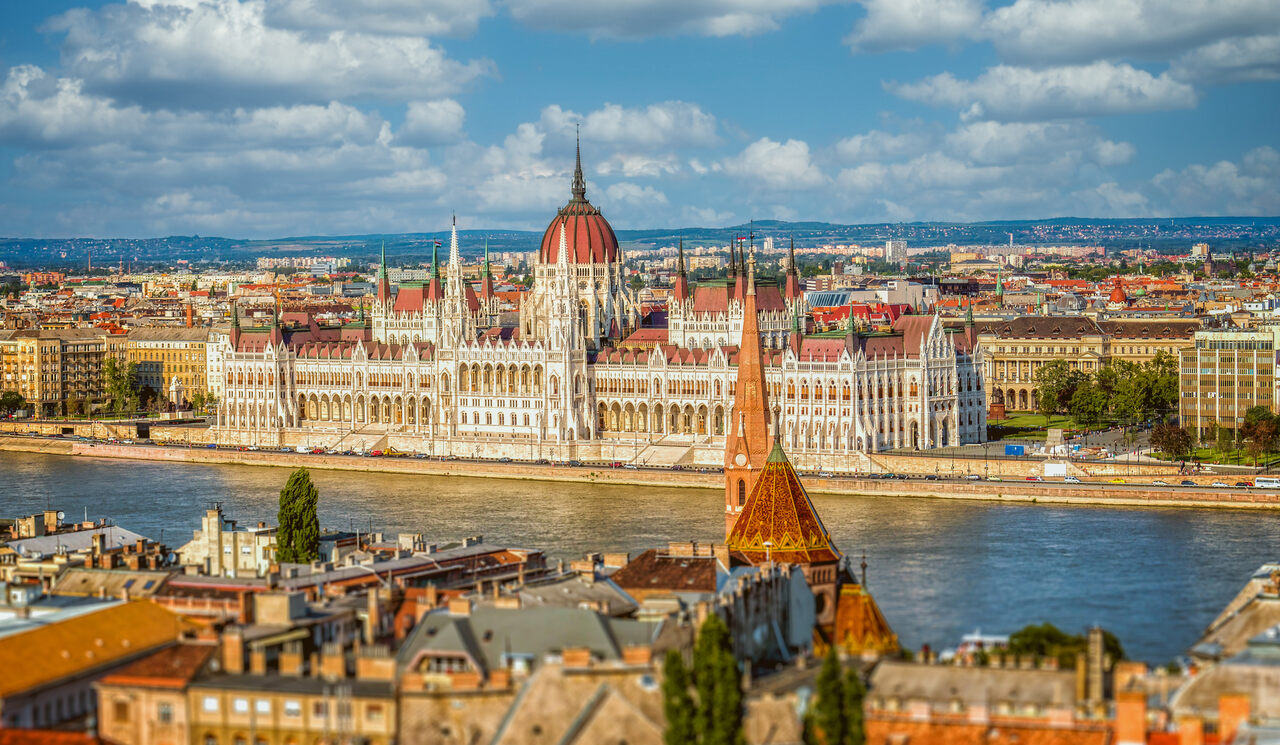Change language:
Reasons why Hungary is a leading digital nomad hotspot: White Card, key benefits

As remote work gains global momentum, Hungary is fast emerging as a top destination for digital nomads. Offering an appealing blend of affordability, accessibility, and modern infrastructure, Hungary attracts remote workers seeking a comfortable yet cost-effective lifestyle in the heart of Europe. The introduction of Hungary’s White Card, a visa specifically designed for digital nomads, further cements the country’s place as a leading hotspot for location-independent professionals.
Hungary’s digital nomad visa: The White Card
Hungary’s “White Card” visa is a game-changer for remote workers looking to base themselves in the European Union, Programming Insider writes. This digital nomad visa offers a range of benefits, but it’s important to note that it doesn’t lead to citizenship and doesn’t allow for family inclusion. Despite these limitations, the visa has proven to be an attractive option for digital nomads.

Eligibility requirements
To qualify for the White Card, applicants need to show proof of employment with a company outside Hungary and demonstrate that they earn at least EUR 3,000 per month. This ensures that applicants have a stable source of income while residing in Hungary.
Duration
The White Card is valid for one year, with the possibility of a one-year extension, providing flexibility for those wanting to spend more time in the country.
Key benefits
According to Programming Insider, the most important benefits of the White Card are the following:
- Freedom to live and work remotely in an EU country
- Access to Hungary’s healthcare and education systems
- Banking privileges within Hungary and across the EU
- No income tax if residing in Hungary for fewer than 183 days per year
- Free travel throughout the Schengen Area without needing additional visas
Application process
The White Card application process is straightforward:
- Submit proof of employment and income from outside Hungary.
- Acquire health insurance valid in Hungary.
- Apply at the nearest Hungarian consulate with the required documentation.
- Wait for approval, which can take up to six months.
The appeal of life in Hungary for digital nomads

Hungary offers a unique lifestyle for digital nomads, with its central location in Europe, a well-connected capital city, affordable living, and high-speed internet, making it an attractive choice for those working remotely.
Prime location in Europe:
Hungary’s central position in Europe, particularly Budapest, makes it a convenient base for travel. The capital city is well-connected by air and rail to other major European and global destinations, making it easy for digital nomads to explore neighbouring countries.
Thriving expat community:
Budapest, in particular, is home to a growing and diverse expat community. English is widely spoken, especially in major cities and among younger generations, making it easier for foreigners to navigate daily life. Many coworking spaces and social venues cater to English-speaking expats, ensuring a welcoming atmosphere for digital nomads.
Fast and reliable internet:
Hungary boasts some of the fastest internet speeds in Europe, with average download speeds for fixed broadband at around 174 Mbps and approximately 50 Mbps for mobile internet. This makes it an ideal location for remote work, where reliable connectivity is crucial.
Coworking spaces:
Budapest and other major Hungarian cities offer a variety of coworking spaces, ranging from open desks to private offices. These spaces often provide flexible rental options, catering to digital nomads who value a productive and collaborative work environment.

Affordable living costs:
One of Hungary’s major draws for digital nomads is its affordability, particularly in comparison to Western European capitals. In Budapest, the cost of living is relatively low, with a one-bedroom apartment in the city centre available for around EUR 500 per month, while utilities add another EUR 130. Public transportation is efficient and affordable, with a monthly pass costing around EUR 30. Dining out is also budget-friendly, with a meal at a mid-range restaurant averaging around EUR 12.
Healthcare and safety:
Hungary’s private healthcare system is known for its high quality, and private insurance can be obtained for as little as EUR 40 per month. The country also ranks highly in terms of safety, with relatively low levels of violent crime and an efficient police force that helps maintain a stable societal structure.
Conclusion
Hungary’s blend of affordable living, modern infrastructure, and central location in Europe make it a highly attractive destination for digital nomads. With the introduction of the White Card, remote workers now have an official pathway to enjoy the country’s benefits while staying connected to the rest of the world. Whether it’s the thriving expat community, fast internet, or the opportunity to explore Europe with ease, Hungary has quickly become a leading hotspot for digital nomads.
Read also:
- A new fad or the future of working: digital nomads in Hungary
- Hungary is one of the best countries for digital nomads in 2024
Featured image: depositphotos.com








I think Georgia (country) is still more progressive on the digital nomad front than Hungary. Digital nomads here are in for a nasty surprise if/when they find out that total income taxes and social security are around 40%. YES – FORTY PERCENT. Compare that with Georgia’s 1% (one percent). And Hungary won’t let you work for a Hungarian company on this “white card”, perhaps defeating the purpose of the card in the first place.
What a strange world we live in. But still, Hungary could be doing a lot more to attract foreign talent.